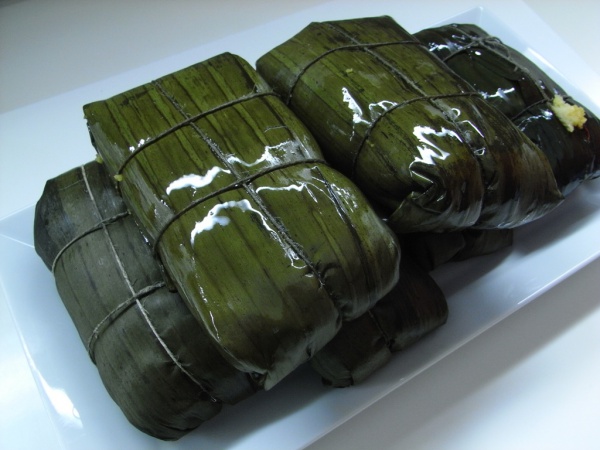Facts About Hallaca
Hallaca: Venezuela’s Cherished Christmas Dish
Hallaca is a beloved Venezuelan dish, particularly popular during the Christmas season. It comprises corn dough stuffed with a flavorful stew made from beef, pork, or chicken, along with ingredients like raisins, capers, and olives. This delicious mixture is then encased in plantain leaves, tied with strings, and boiled to perfection.
A Rich History
The origins of hallaca are believed to trace back to the Orinoquia region of Venezuela, with influences from Mesoamerican tamale-like dishes spread across the Spanish colonies in the Americas. Legend has it that hallaca was created by enslaved people during the colonial era, who used leftover meats from their owners' Christmas Eve feasts to make their own meals. The name "hallaca" is thought to derive from the indigenous Guarani language or possibly an aboriginal language in Venezuela, meaning "to mix or blend."
Preparing Hallaca
Making hallacas is a labor of love and a family affair. The filling, or stew, is more elaborate than that of standard tamales, often including a mix of beef, pork, bacon, lard, onions, peppers, garlic, and a variety of spices, all simmered slowly for hours. Each region and family may have its own unique twist on the recipe. The plantain leaves used to wrap the hallacas are cleaned thoroughly, adding to the communal aspect of the preparation.
Variations Across Regions
Hallaca isn't just confined to Venezuela. It has spread to other regions like Aruba, Curaçao, and Puerto Rico, where each locale adds its unique ingredients and cooking methods.
Cultural Significance
In Venezuela, hallacas are more than just a meal; they are a symbol of Christmas. Families often prepare them in advance and freeze them for the holiday season. Traditional Venezuelan Christmas meals typically include hallacas, along with pastries, pan de jamón, and chicken stew. Despite recent food shortages in Venezuela, many continue to uphold the tradition of making hallacas, even setting a Guinness World Record for the longest hallaca.
Beyond Venezuela
Hallacas also hold cultural significance in countries like Cuba, Colombia, Ecuador, Aruba, and Curaçao. In Ecuador, for example, hallacas are enjoyed year-round and are a staple of the traditional cuisine.
A Taste of Tradition
Preparing hallacas is a time-honored tradition that brings families together, creating lasting memories and delicious food. Whether enjoyed during the festive season or year-round, hallacas are a testament to the rich cultural heritage and culinary ingenuity of the Venezuelan people.

 Colombia
Colombia